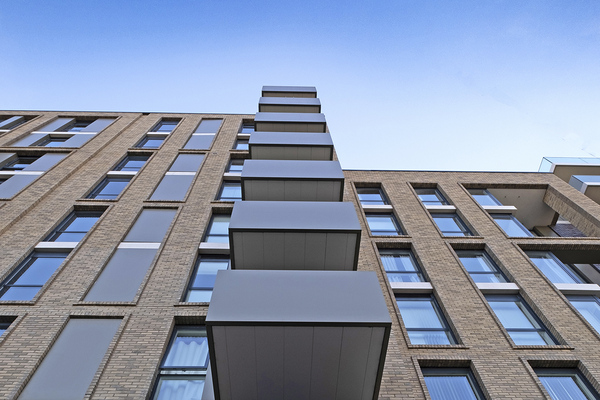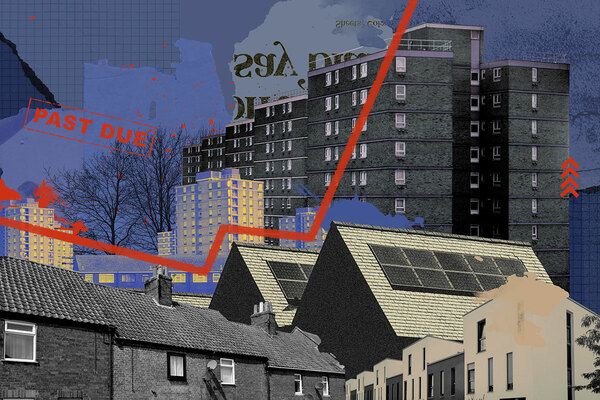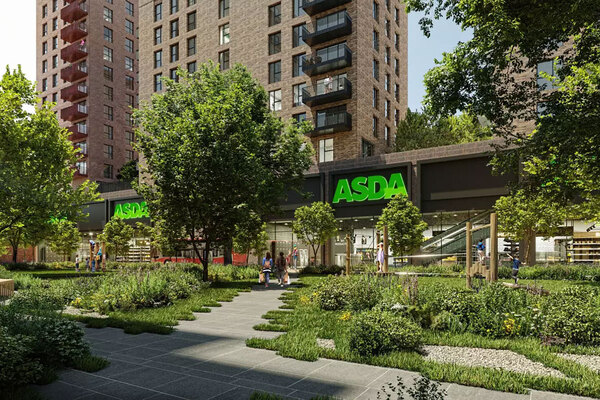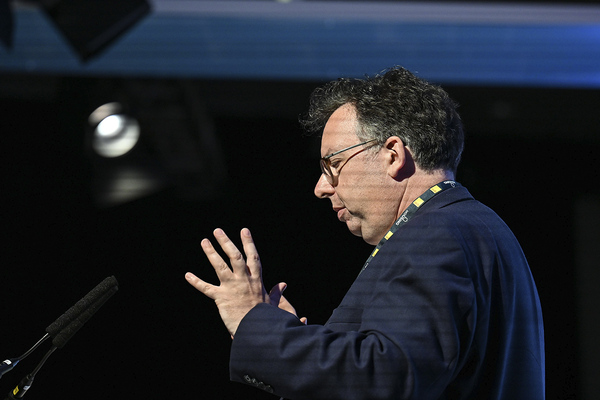You are viewing 1 of your 1 free articles
94% of social landlords will raise rents by maximum amount in April, survey reveals
A total of 94% of social landlords will implement the maximum rent increase next month when the power to raise rents returns, an exclusive survey has revealed.
Responding to a poll run by auditor RSM and shared with Inside Housing, 94% of 123 organisations said they would apply the maximum permissible Consumer Price Index (CPI) plus 1% increase across their stock, equating to a 2.7% rise.
Social landlords were required by law to put rents down by a flat 1% a year between 2016 and 2020 as the government sought to reduce the housing benefit bill.
But the decrease took an estimated 16% out of the sector’s business plans, causing housing associations and councils to make cuts to services and abandon planned investment.
Now, with cost pressures rising due to fire safety and carbon reduction agendas, the vast majority of landlords are seeking to maximise their income.
Helen Evans, chief executive of 20,000-home Network Homes and chair of the G15 group of large London associations, said: “Every time you put the rents up you have to think about it carefully, but there’s a balance between [keeping costs down for residents] and the provision of services, and meeting quite exceptional cost pressures we face at the moment, as well as continuing to develop.”
Related Files
Keith Ward, head of social housing at RSM, said: “The survey results indicate that after four years of rent reductions overwhelmingly the sector will impose the maximum rent rise allowable. We would like to think boards’ have spent sufficient time discussing not going for the maximum increase and considered the affordability both on tenants and on the public purse, through Universal Credit payments or housing benefit, before concluding on the need to push through the maximum rent increase.”
Melanie Rees, head of policy at the Chartered Institute of Housing, added: “I don’t think housing associations will be increasing rents just because they can. They find themselves in a difficult place at the moment: under pressure to deliver new supply, all the building safety stuff and retrofit. The bills are mounting up.”
Jonathan Walters, deputy chief executive at the Regulator of Social Housing, said: “So long as it is within the maximum amount that the rent standard allows, that is a decision for boards to make.
“Value for money is always the main thing – clearly if an organisation is putting rents up by more than CPI you have to say what the extra is being used for. If you are clear about that it will really help manage the way it is viewed by stakeholders.”
In 2013, the government announced a 10-year rent settlement that would allow social landlords in England to increase rents by CPI plus 1% from 2014 for 10 years.
But in 2015, chancellor George Osborne scrapped this settlement, passing legislation that mandated an annual 1% decrease from 2015/16 through to 2019/20.
Theresa May’s government confirmed that rents would return to CPI+1% in 2017. The move was welcomed by 86% of social landlords, but rejected by 87% of tenants.
Keith Ward, head of social housing at RSM, said: "The survey results indicate that after four years of rent reductions overwhelmingly the sector will impose the maximum rent rise allowable. We would like to think boards’ have spent sufficient time discussing not going for the maximum increase and considered the affordability both on tenants and on the public purse, through universal credit payments or housing benefit, before concluding on the need to push through the maximum rent increase."
Sign up for our daily newsletter
Already have an account? Click here to manage your newsletters














